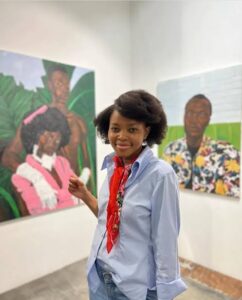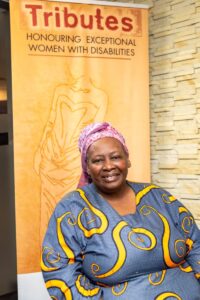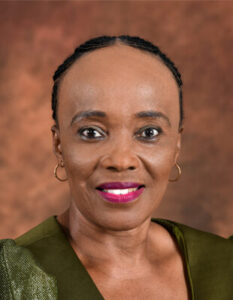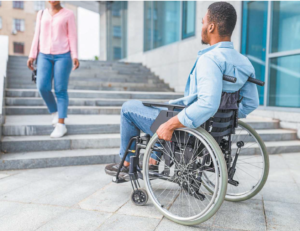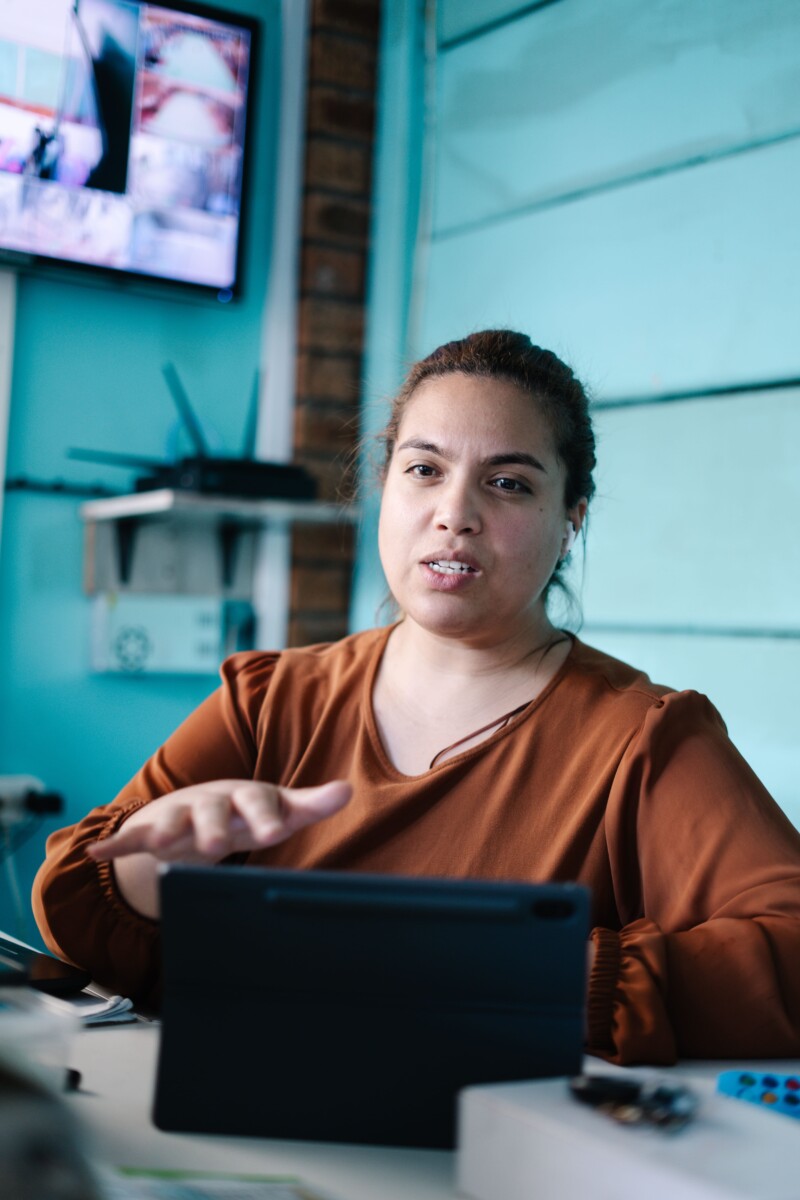
Nabilah Diedericks is making aquatics sports available in the Cape Flats
In the Cape Flats, where access to pools is limited and drowning remains one of the leading causes of death among children, one woman is using swimming to rewrite the rules of inclusion. Nabilah Diedericks, a former competitive swimmer turned social entrepreneur, is challenging the structural inequalities of aquatic sport in South Africa. And now, thanks to a significant investment from the SAB Foundation’s Financing for Impact Programme (FFIP), her vision is gaining momentum.
She is one of the 25 entrepreneurs to secure funding from the SAB Foundation’s Financing for Impact Program (FFIP), a selective growth fund reserved for standout alumni of their entrepreneurship programs. The investment marks a pivotal moment in scaling Finz Aquatics and Fitness Development, a community-rooted swim school in the Cape Flats that is reimagining sport as a tool for social justice, youth empowerment, and inclusion.
“This is not just a swim school; it is a community lifeline,” says Diedericks. “We are not only teaching water safety; we are challenging who gets to swim, who gets to compete, and who gets to win.”
Her story began in Muizenberg, Cape Town, with a young Diedericks, still a student and new mother, renting a few hours in a private pool, teaching children to swim. With a borrowed name from her family’s tender business, a small client base, and a big dream, she built Finz from the ground up.
Her formal journey took off when she joined the SAB Foundation’s Tholoana Enterprise Programme in 2018. The support she received from mentoring to management tools helped her weather COVID-19, when lockdowns threatened to shutter her business for good.
“Grant Prince, one of my mentors, always reminded me to lead with impact. This lesson became a guiding principle for Diedericks.
Now backed by the FFIP, Finz Aquatics is set to expand its infrastructure, grow its team, and deepen its reach in communities with limited access to sports infrastructure. This includes a focus on children with disabilities, youth from informal settlements, and aspiring coaches from disadvantaged backgrounds.
“This funding enables us to train more coaches, reach over 450 children, and most importantly save more lives,” says Diedericks.
South Africa has no aquatic development pipeline in most townships or rural areas. Finz is helping close that gap by prioritising inclusion and safety in a space long dominated by exclusion.
“There has never been a Black or Coloured swimmer from a rural community who has made it to the Olympics. Ever. Why? Because access is engineered to exclude.”
Currently finishing her Master’s in the Philosophy of Sport and Science, and with more than a decade of grassroots experience, Diedericks has seen the impact of underfunding, under-representation, and resistance to transformation in sport. But she believes social entrepreneurs, when backed with the right capital, can lead the change.
Finz Aquatics operates as a social enterprise. Its revenue model balances subsidised programs for lower-income families, children with special needs, and upskilling opportunities for women in sport, particularly coaches of colour.
“We are actively building a space where people from all walks of life, regardless of ability or income, can feel safe, seen, and supported,” Diedericks explains. “That is real transformation.”
The SAB Foundation sees such projects as precisely the kind of innovation often overlooked by traditional investors.
Now in its second year, the SAB Foundation’s Financing for Impact Program (FFIP) continues to support entrepreneurs who are using business as a force for change. By supporting ventures like Finz Aquatics, the program aims to scale businesses with strong potential for social impact, inclusion, and long-term sustainability.
For Diedericks, the goal goes beyond growth.
“We talk a lot about gold medals. But what about the thousands of kids who never learn to swim because their schools lack pools? What about the child with autism who is told they are too disruptive to join a class?”
Her vision is bold: a complete redesign of aquatic sport development in South Africa, built on equity, safety, and sustainability. She’s calling for the removal of gatekeepers, the rise of young leaders, and a rethink of outdated systems that confuse certification with competence.
“Even if I fail to complete the race, I will take pride in having laid the foundation,” she concludes.

